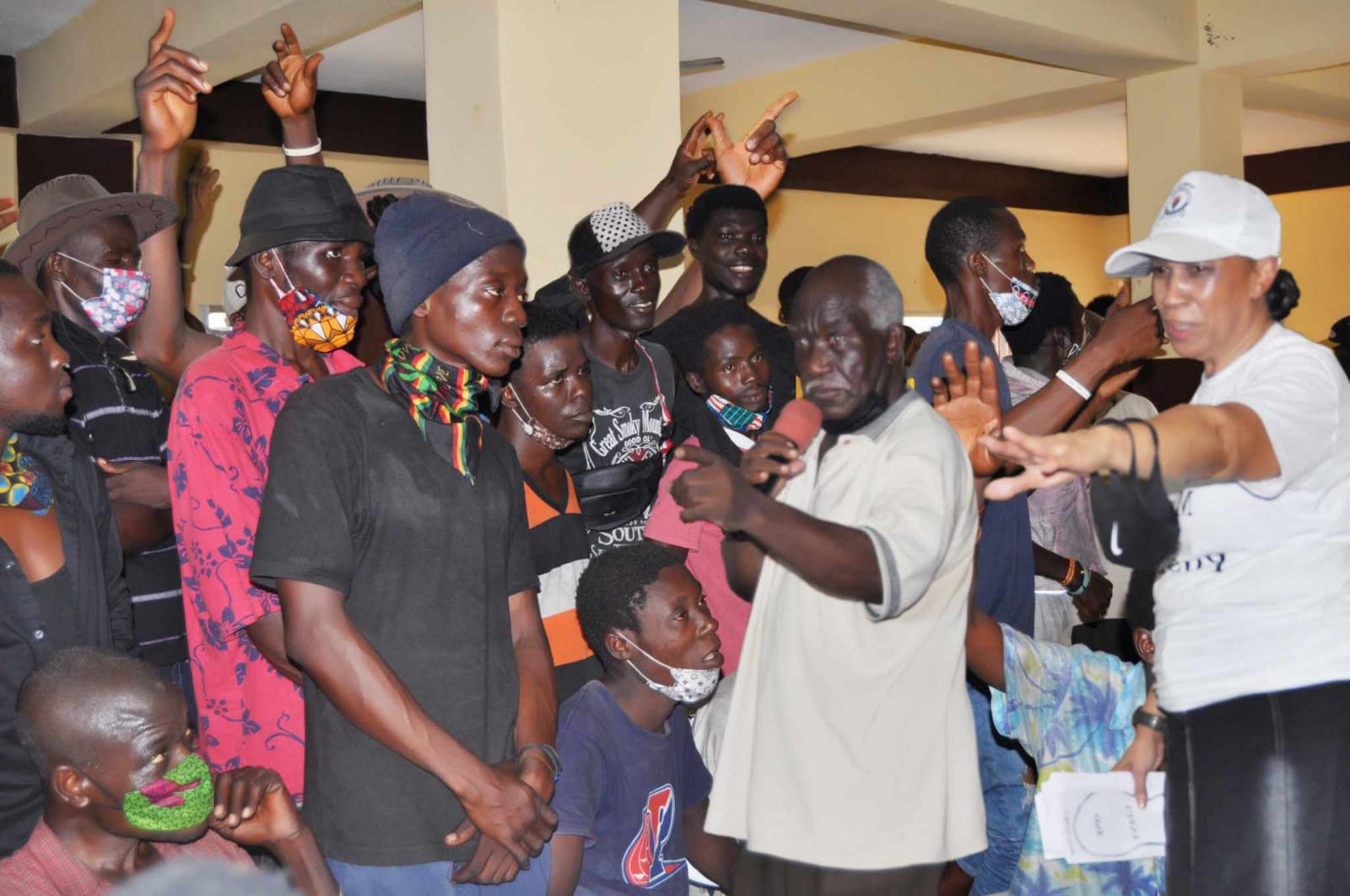Monrovia, Liberia — Bishop Dr. Leo M. Simpson, Principal of Haywood Mission School, has issued a call to action for principals, school administrators, and school owners in Liberia and the world at large to be vigilant in observing and supporting students who may be exhibiting signs of distress or disruptive behavior. In a recent interview, Bishop Dr. Simpson highlighted the importance of proactive engagement with students to prevent potential issues related to drug use and other challenges.
Observing the Signs
Dr. Simpson emphasized the need for educators to be alert to the telltale signs that a student might be in trouble. “If we see students who do not come to school regularly, are in and out, or become disruptive in class, these may be indicators of underlying issues,” he stated. “Students who sit in class and appear exhausted, as if they’ve been up all night, or those who suddenly become aggressive without cause, may also be signaling distress.”
The Role of Educators
The strict academic disciplinarian stressed that educators must remain connected with their students, ensuring that they feel comfortable approaching teachers and administrators with their concerns. “The students are our responsibility, and whatever happens to them affects us,” he remarked. “We need to be approachable and have mechanisms in place to support students.”
Support and Intervention
At Haywood Mission School, Bishop Simpson has implemented a crisis intervention program aimed at providing assistance to students who may be struggling with drug use or other issues. “We have crisis interventionists who work closely with students referred to them,” he explained. “They are trained to assess situations, engage with students, and provide the necessary support.”
Bishop Dr. Simpson underscored the importance of not simply dismissing students who test positive for drug use, but rather offering them help. “It’s crucial to provide support and guidance to students who are facing difficulties,” he said. “Our interventionists are here to help, and we aim to enhance our support systems in the upcoming academic year.”
A Call for Community Involvement
Dr. Simpson encouraged the broader community to remain involved and supportive of efforts to address student challenges. “By working together, we can create a safer and more supportive environment for our students,” he concluded. “Let us keep our eyes open and our ears to the ground, ensuring that we are there for our children when they need us most.”
The initiatives at Haywood Mission School serve as a model for how educational institutions can actively engage in supporting their students, highlighting the importance of vigilance, empathy, and proactive intervention in fostering a positive school environment.

